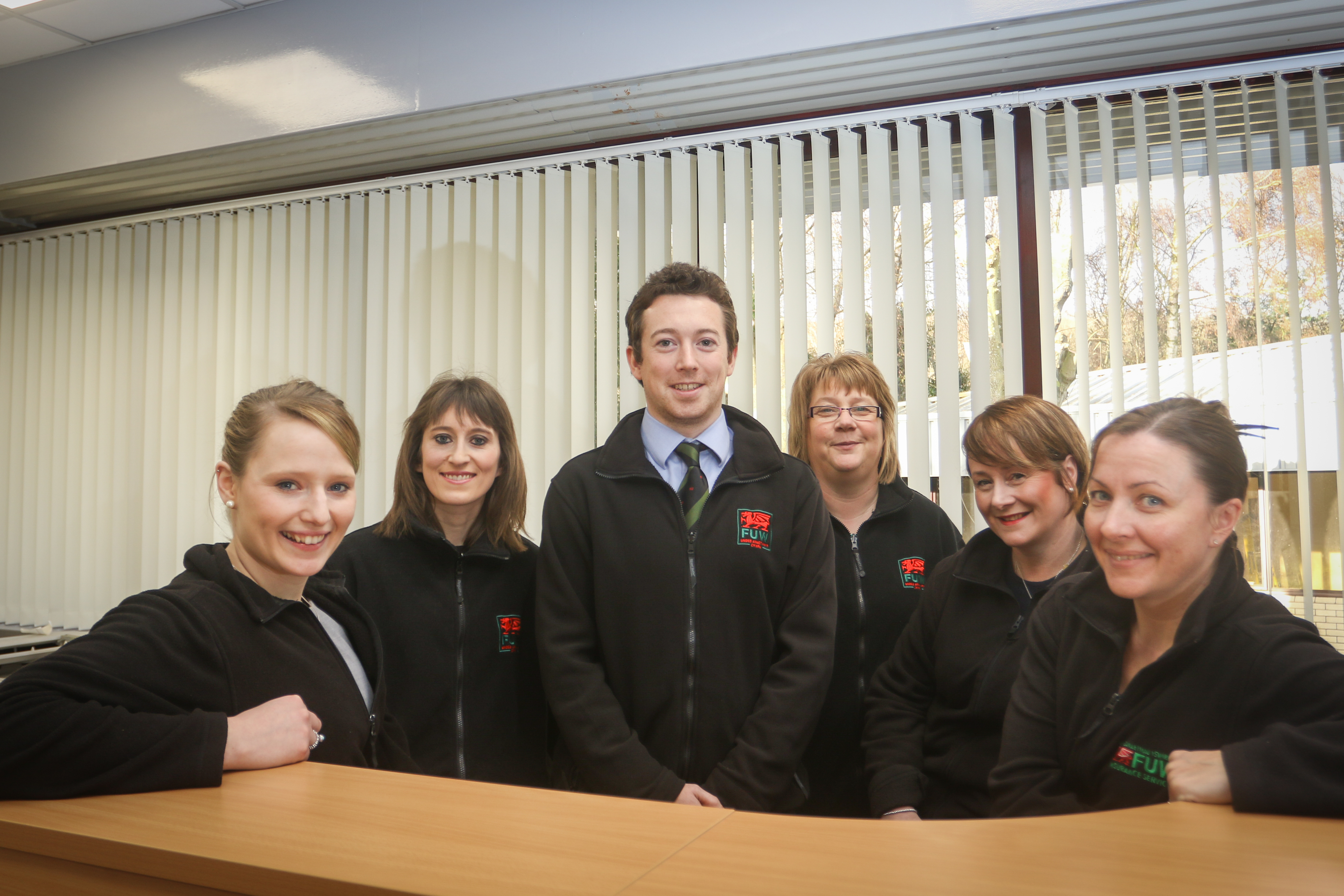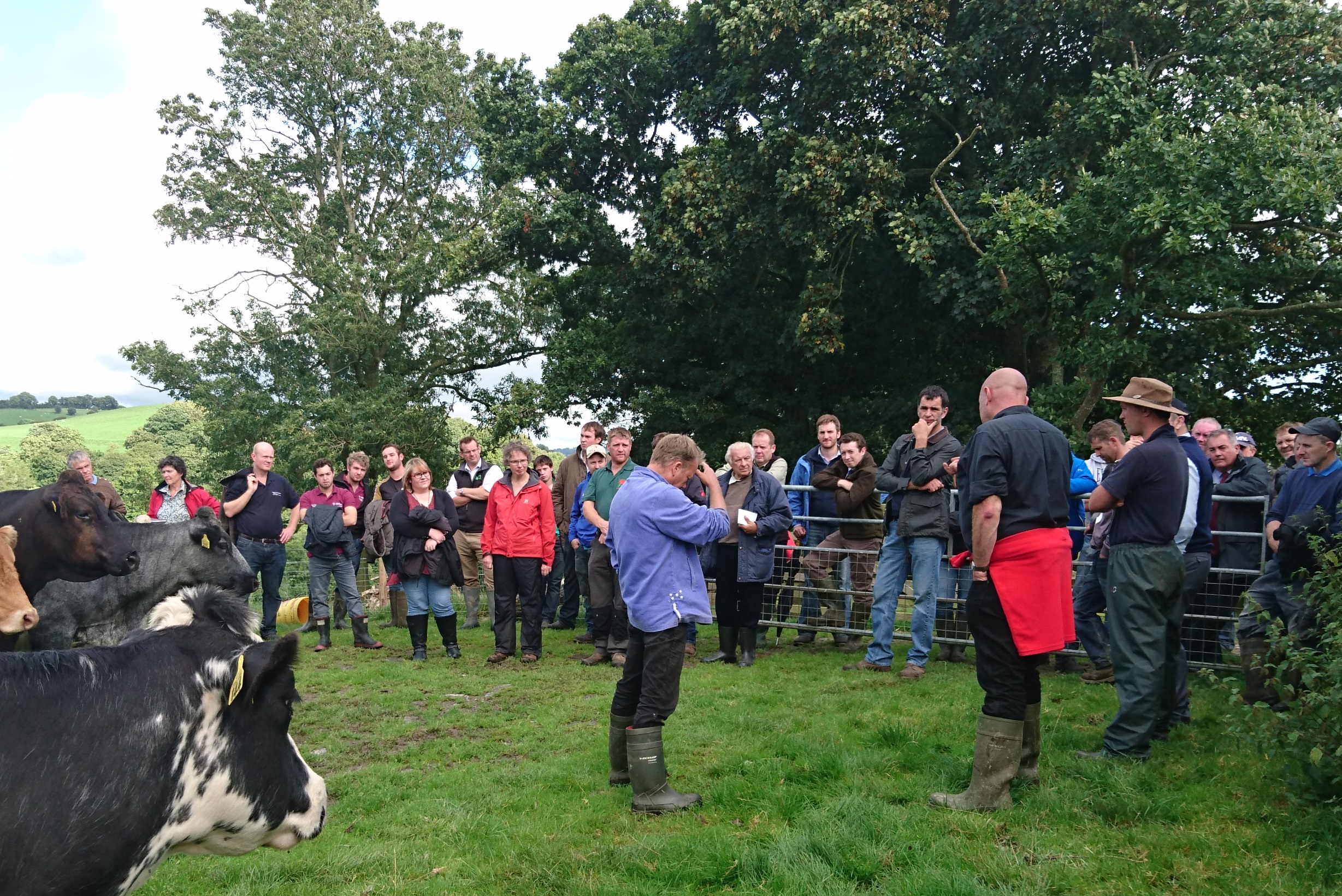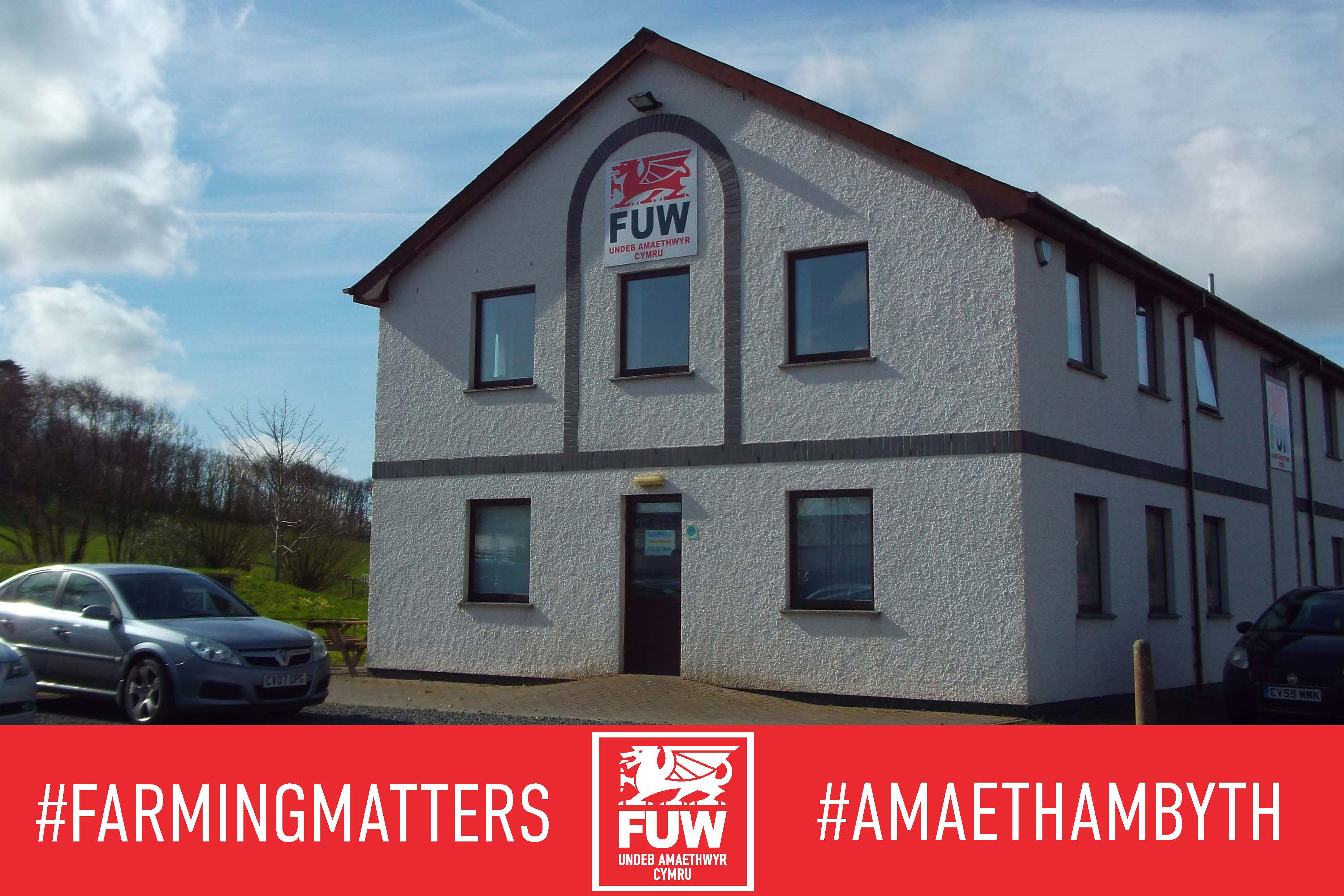
How we work
Here at the FUW we pride ourselves on the grassroots connection we have with our farmers. We have a democratic and local structure, which mean members influence FUW policy and are the core of the Union.

Support and guidance from local offices

Representation and local issues from county groups
The county office meet with local membership to discuss the current state of the industry and help to further shape the FUW’s policies. Local FUW officials such as the County Chairman and County President, who have been elected by members, are also hands-on and have an important role to play in representing our members.
Representatives from these groups, the sector committees, the union officials and staff meet quarterly at the 'Ground Council' which is the democratically elected, governing body of the Union. The council reviews the Union's activity as well as discusses current and future agricultural issues affecting Welsh agriculture in a truly grass roots format.

Lobbying and campaigning
Our head office, based in Aberystwyth, is home to our marketing, membership, policy and press team, who are lobbying and influencing Governments at all levels in Westminster, Cardiff and Brussels. They work hard to advance the interests of those who derive an income from agriculture in Wales and whether on a local council group or national body they are protecting the interest of our members throughout the year.

Information and development from our committees
We also have 11 policy (standing) committees, including Animal Health and Welfare; Milk and Dairy Produce; Livestock, Wool and Marts; Land Use and Parliamentary; Education and Training; Diversification and the Younger Voice for Farming Committees. They meet to discuss key issues, receive information on the latest developments from the policy team, and create action points in the interest of advancing the sector.
These are made up of democratically elected farmer representatives from the Union’s 12 county branches, facilitated by a member of the policy team, and chaired by the elected member representative.


